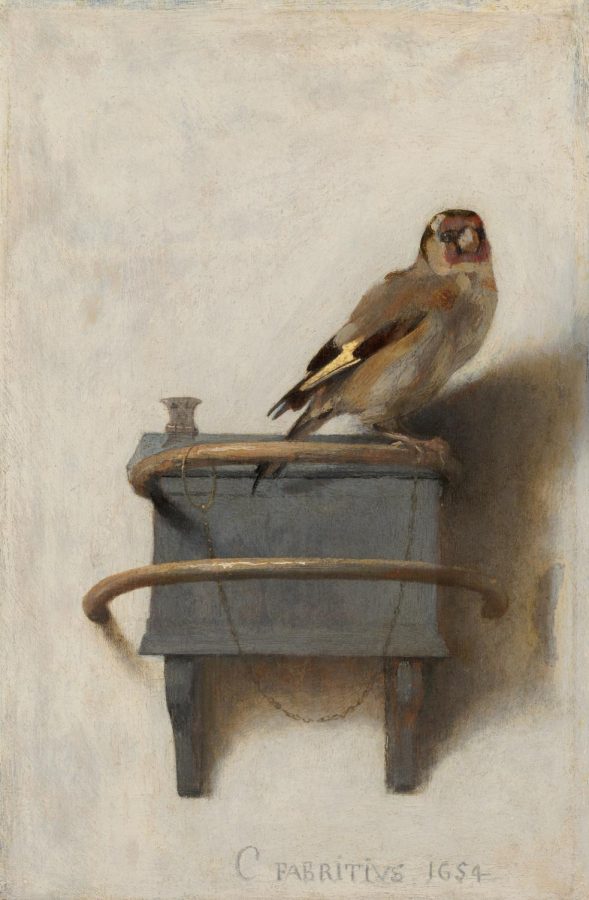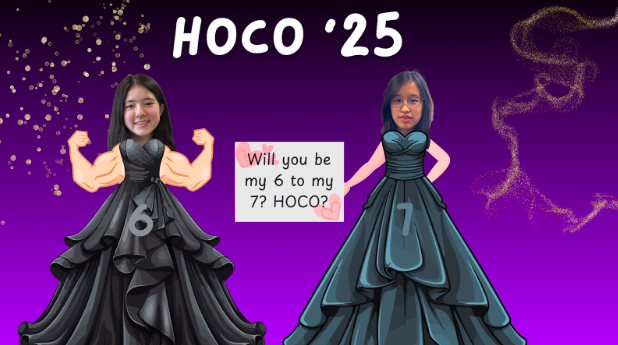‘The Goldfinch’ flops rather than flies
September 25, 2019
The trend of books being adapted into movies is still going strong, and The Goldfinch tries to take on the trend by adapting Donna Tartt’s 2013 novel of the same name. While The Goldfinch had everything to make a great movie, the overambition of the film led to its downfall.
The Goldfinch begins with Theo Decker, sitting in a hotel room, his life a complete mess. It is revealed that the death of his mother as a young boy sent him spiraling into a life filled with grief. As he is shuffled around between different guardians, he tries to come to terms with his mother’s death and the faults that he committed.
One of the main elements of the film that was successful was the camerawork. There were quick cuts that conveyed so much without having anything to be said. Whether it be a shot of two pairs of feet to show a difference in characters or a look passed between a father and son, director John Crowley achieved what he wanted to say without anyone explicitly saying it. These scenes gave the viewers a chance to form their own conclusions and opinions without spoon feeding viewers what the film was trying to convey.
This piece of the movie was just one fantastic element of the many. The acting was spot-on with a standout performance from Oakes Fegley, who played the young version of Theo. Fegley did a great job of creating a realistic kid, someone who makes mistakes but you can’t help but empathize with. Also, the soundtrack was fun and fitting, with songs by Beethoven and New Order in it. However, when all the pieces of the film were put together, they didn’t come together seamlessly.
The question of why The Goldfinch failed so badly despite having superb elements is simple. The writers tried to do too much into too little time. There was a wide array of characters and viewers never really got to know them. Even the main character, Theo, felt underdeveloped. His relationship with every other character was rushed – especially the relationship with his mother. There are very few scenes with Theo’s mother, so it’s hard to empathize and understand why Theo was so devastated by her death. Adding to the confusion is the fact that Theo has not just one, but two love interests. Each of these love interests have their own stories that were brushed over in about 20 minutes. At that point, the film easily could have done away with one or both of them and focused on developing the relationship between Theo and some of the other characters, like his foster parents.
Along with an overload of characters, there were too many stories. Each character seemed to have their own half-finished storyline. Also, the film switches from Theo’s past to Theo’s present back and forth, but they do it so roughly that it’s an annoyance. The present Theo will talk about something and then it switches to the past, however the past perspective rarely answers the questions that the present Theo poses.
The Goldfinch tries to tackle too many issues all at once. Many of the characters are seen doing risky acts and it’s never addressed. First off, the kids in the film are seen doing drugs, drinking, and smoking, but the writers copped out of addressing it head on with one quick line of dialogue. Other issues brought up include suicide, child abuse, other violence, and confused sexuality, yet none of those topics were treated as seriously as it should have been. It felt like these serious topics were thrown in so that viewers would take the movie seriously.
There was too much happening that The Goldfinch ended up saying a whole lot of nothing. With fantastic acting, an interesting plot line and superb technical elements, The Goldfinch should have been great. But it wasn’t. The film tried to handle too much and the parts of the story that should have been capitalized on ended up falling through the cracks. What could have been a very emotional, moving story ended up being rather lifeless.



